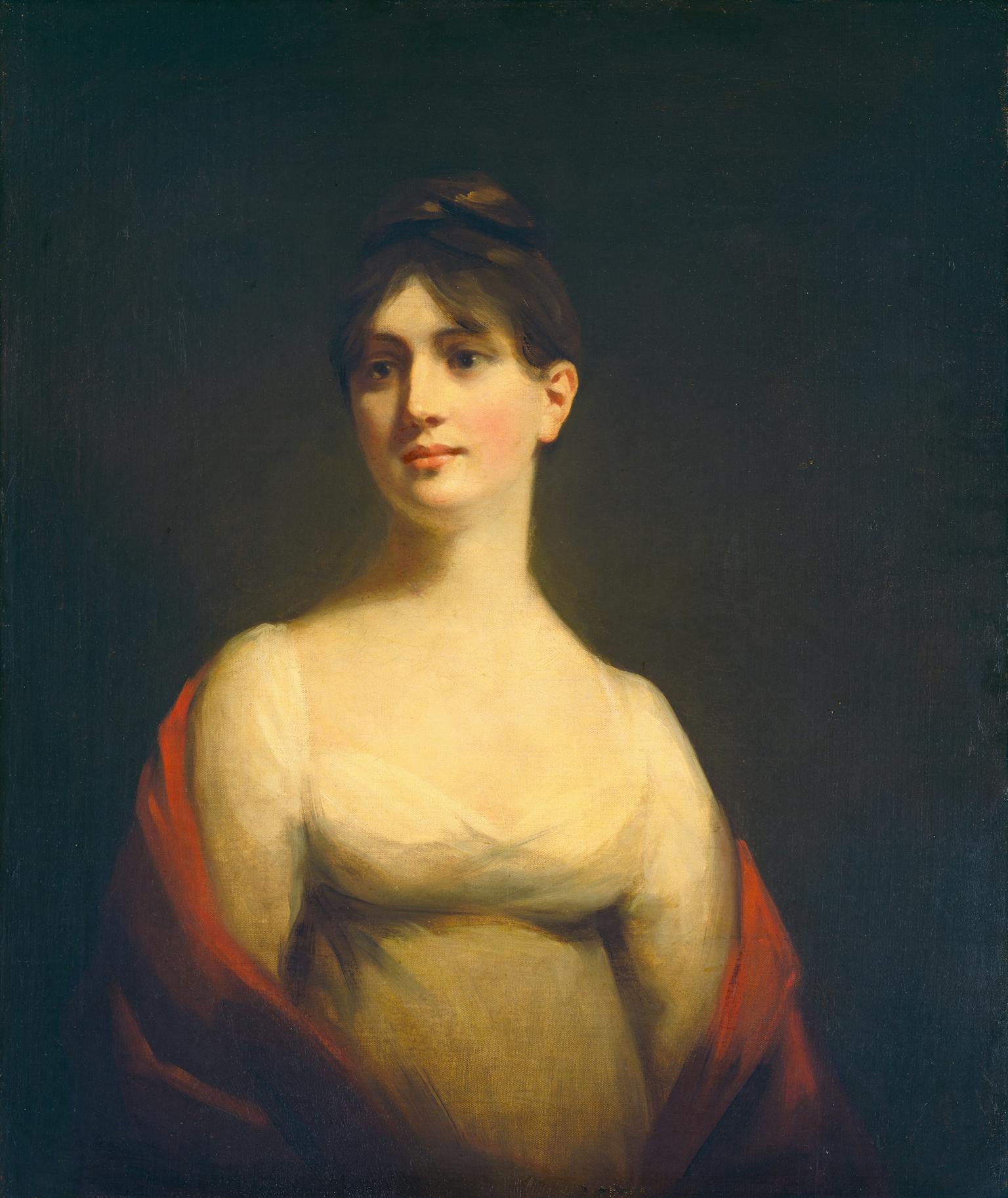What does it mean to love someone’s flaws? Pop songs and memes often talk about how love involves loving someone’s flaws as well as their good features. Part of the appeal when we hear this might be the idea that someone would love us, including our flaws. If we have any self-awareness, we know that in key ways, at some key times, we ourselves can be difficult, even awful, to be around—even if we are admirable in other ways. Do we want someone to actually love this about us?
To answer this question we need to distinguish two types of love. One concept of love clarified in the European Middle Ages is ‘agape,’ which means a love that proceeds from the beautiful nature of the person giving the love. This is in contrast to ‘eros,’ another important type of love, that proceeds from the admirable nature of the recipient of the love. ‘Eros’ arises when we see someone who is really wonderful and love arises in response to their wonderfulness. ‘Agape’ is something that comes from us, no matter if the person it is directed towards is admirable or less admirable, appealing or unappealing, worthy or less worthy. Christians in the Middle Ages said that ‘agape’ is the type of love that comes from God (who offers love to everyone no matter who they are).
Our modern idea of love mixes ‘agape’ and ‘eros:’ sometimes we feel love in response to something lovely or beautiful in the other person; other times, a person might not be behaving at their best, but we can bring love—agape—to the encounter, and offer something which can help heal them, and perhaps in the long run, help them to grow and transform, and to soften their flaws.
Image: Miss Davidson Reid, c. 1800/1806, Henry Raeburn
Jack Fuller
Jack is a depth therapist and the founder of Archive. He has a doctorate in theology from Oxford University and a degree in neuroscience from Melbourne University. He is the co-author of The Imagination Machine (Harvard Business Press, 2022)
